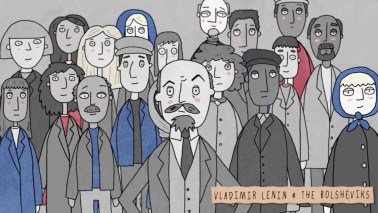The brutal truth about politics is that a whole career can often be telescoped into a single defining event. The judgement of history can be particularly cruel on unlucky Prime Ministers. Ted Heath’s reputation is dominated by the 1972 miners’ strike, Jim Callaghan is synonymous with the “winter of discontent” and Anthony Eden, perhaps the most ill-starred of all post-war PMs, will be forever associated with a single word: “Suez”. All those years of vaulting ambition, grinding thankless work and genuine public service reduced, in the end, to those two damning syllables.
And how thin sometimes is that line between success and failure. Who remembers John Major for his remarkable 1992 election victory rather that the crushing 1997 defeat? Who remembers his role in the Northern Ireland peace process or the defeat of Saddam Hussein in the first Gulf War? Yet who can forget Black Wednesday or the “sleaze” that engulfed his government?
At the same time, great reforming governments can sometimes be associated with a single symbolic legacy: the National Health Service in the case of Attlee’s post-war government or the Open University in the case of Harold Wilson 1960s administration.
Some politicians defy sweeping judgement.

Get Britain's best politics newsletters
Register to get The Spectator's insight and opinion straight to your inbox. You can then read two free articles each week.
Already a subscriber? Log in






Comments
Join the debate for just £1 a month
Be part of the conversation with other Spectator readers by getting your first three months for £3.
UNLOCK ACCESS Just £1 a monthAlready a subscriber? Log in